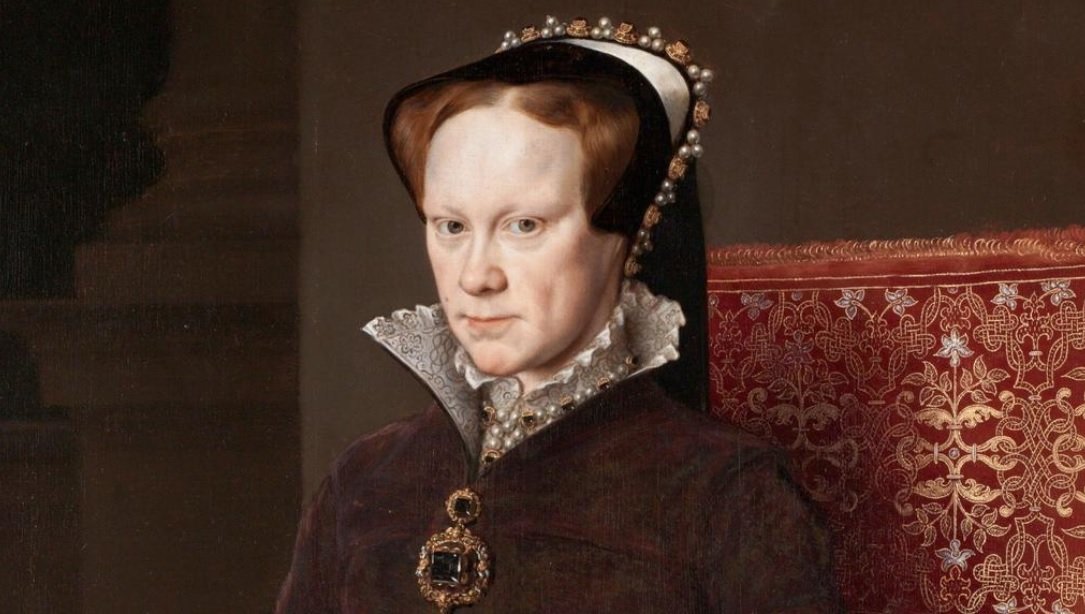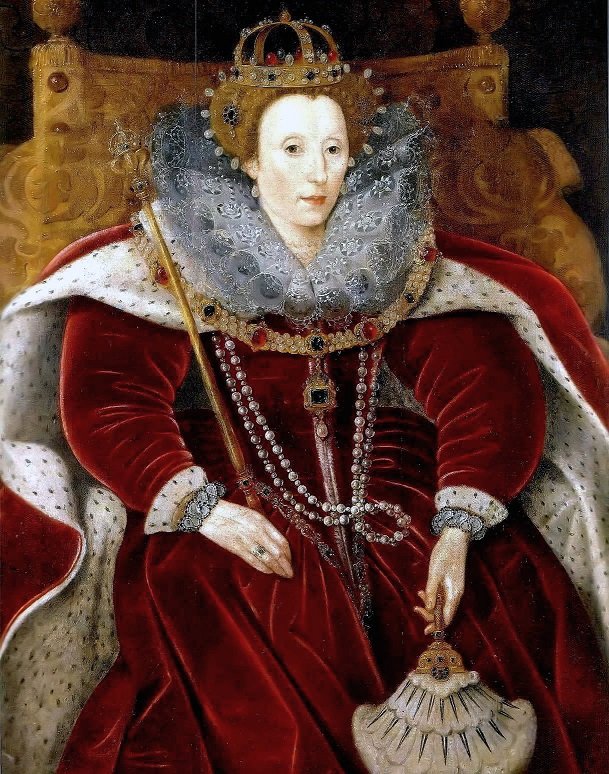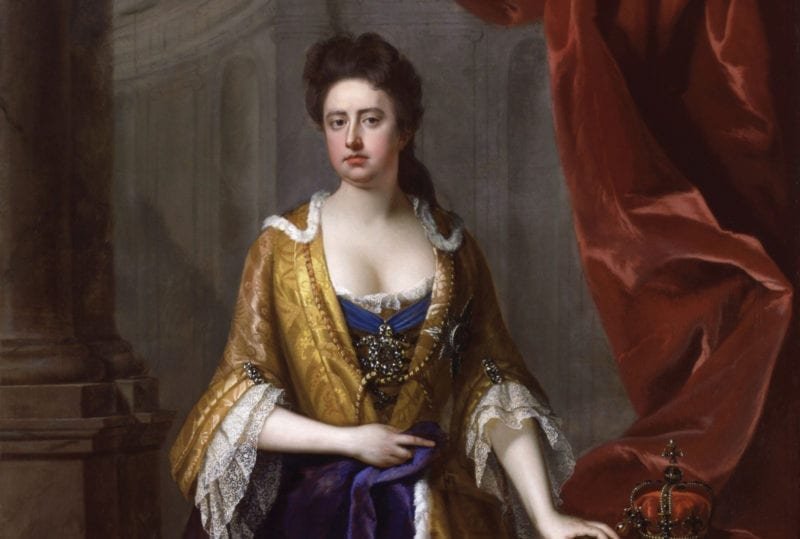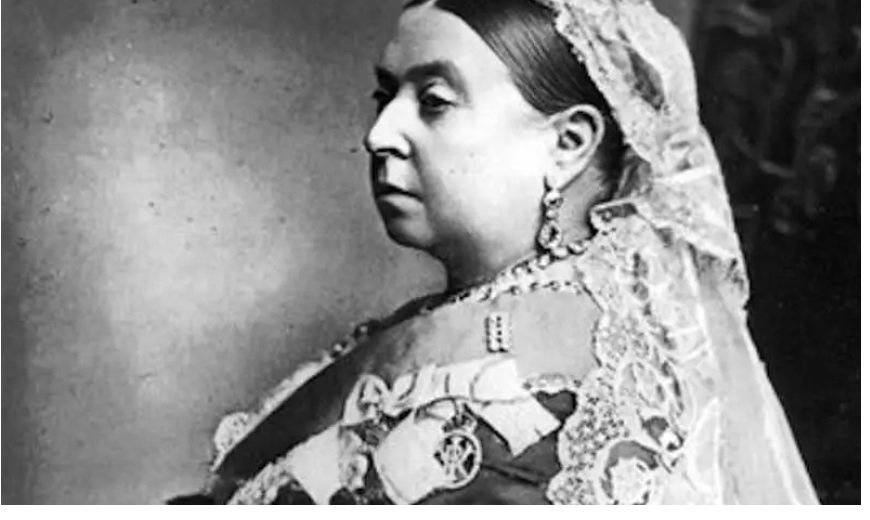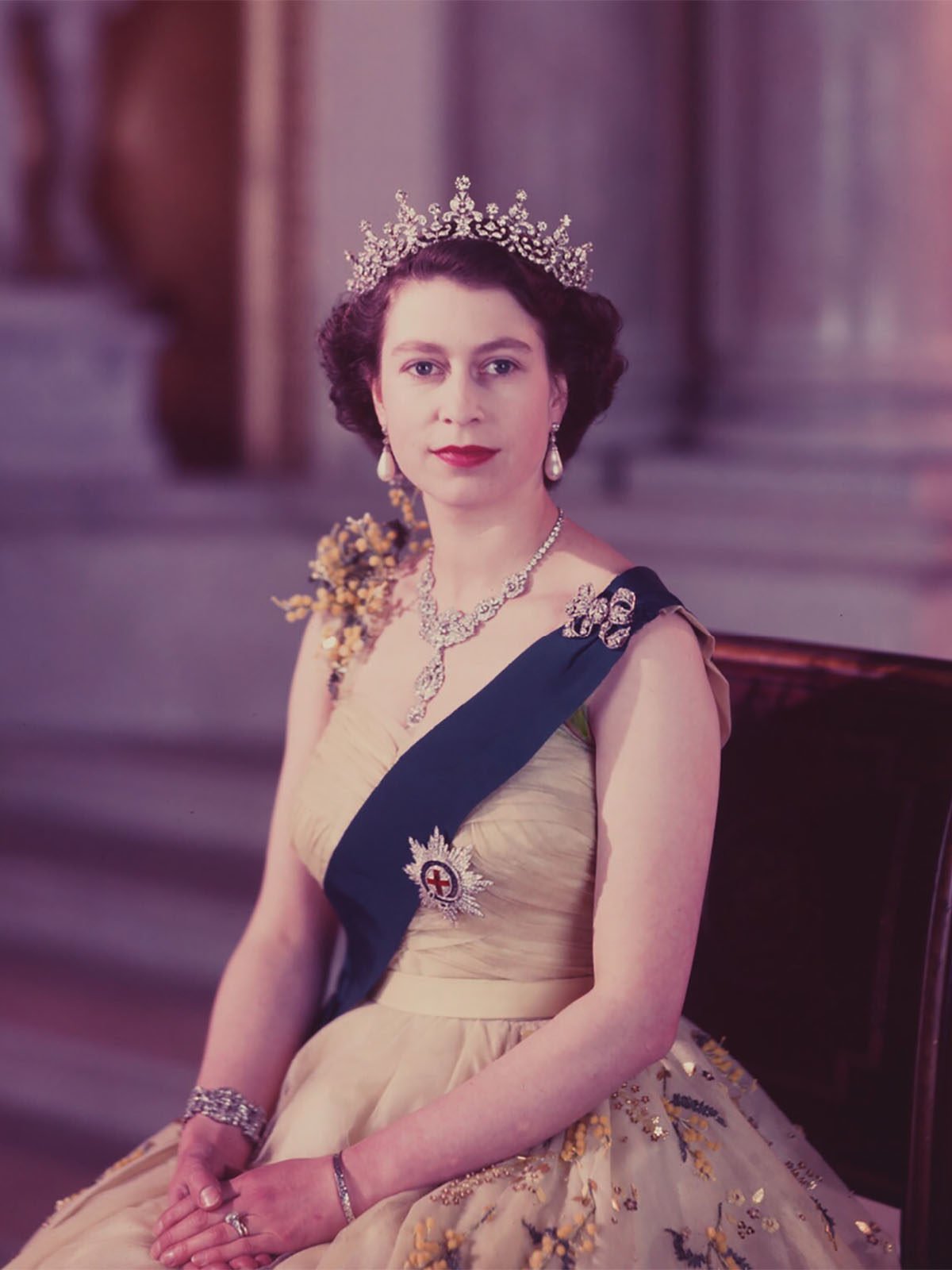Great Britain's Greatest Monarch
King Charles (I, II, & III)
Charles Philip Arthur George Windsor, the oldest son of the recently deceased Queen Elizabeth II, is now King Charles III of the United Kingdom of Great Britain and Northern Ireland. He is a constitutional monarch with limited powers.
Monarchs used to have absolute power. The evolution to a constitutional monarch started over 800 years ago with the Magna Carta, which among other clauses, required the King to seek parliamentary approval for new taxes. This series of entries covers the evolution of the British Monarchy.
Great Britain's Queens
Great Britain has had five Queens:
Queen Elizabeth II (1952 – 2022 – 70 years)
Queen Victoria (1837 – 1901 – 63 years)
Queen Anne (1702 – 1714 – 12 years)
Queen Elizabeth I (1558 – 1603 – 44 years)
Queen Mary I (1553 – 1558 – 5 years)
Both Queen Elizabeth II and Queen Victoria were popular and long-serving monarchs. But they were constitutional monarchs with limited powers. Queen Anne served when England merged with Scotland creating Great Britain. Queen Mary (as covered in this post), known as 'Bloody Mary,' was a divisive monarch who inflamed religious conflict. After reviewing Queen Elizabeth's reign, I believe she was England's best Queen and one of its finest monarchs, male or female.
Elizabethan Religious Settlement
Queen Mary I ('Bloody Mary') left Queen Elizabeth with religious turmoil as Protestants and Catholics vied for control of England's religious direction. Early in her reign (1558), the Queen worked with Parliament to pass several compromise bills affecting religious practice in the country. These bills provided some compromises related to prayers, heresy, communion, and priestly garments. The Queen sometimes did withhold 'royal assent' in the negotiations with Parliament (the Monarch must provide royal assent before any bill can become law; this is still true today. A British Monarch last withheld royal assent in 1708).
In time this settlement led to Great Britain's moderate religious practices. But controversies continued throughout Elizabeth's reign. The Pope excommunicated Elizabeth in 1570 (bold added):
"…Elizabeth, the pretended Queen of England and the servant of crime, has assisted in this, with whom as in a sanctuary the most pernicious of all have found refuge. This very woman, having seized the Crown and monstrously usurped the place of supreme head of the Church in all England to gather with the chief authority and jurisdiction belonging to it, has once again reduced this same kingdom- which had already been restored to the Catholic faith and to good fruits- to a miserable ruin."
The Pope listed a long series of sins committed by the Queen, followed by: "…we do out of the fullness of our apostolic power declare the foresaid Elizabeth to be a heretic and favourer of heretics, and her adherents in the matters aforesaid to have incurred the sentence of excommunication…And moreover (we declare) her to be deprived of her pretended title to the aforesaid Crown and of all lordship, dignity, and privilege whatsoever."
There were several revolts against the Queen, all suppressed. Shortly after her excommunication, the 'Ridolfi plot' started, intending to murder the Queen, replacing her with her Catholic cousin, Mary Queen of Scots. The 'Throckmorton Plot' of 1583 and the 'Babington Plot' of 1586 had similar objectives, and both failed. Queen Elizabeth then had Mary executed. This led to Catholic Spain's 1588 failed attempt to conquer England with the Spanish Armada.
Spanish Armada / Tilbury Speech
Catholic King Philip II of Spain launched the 1588 Spanish Armada, a large naval fleet, to conquer Protestant England. To rally English resistance, Queen Elizabeth visited troops gathered in Tilbury, a town outside of London. Considered a stirring example of her leadership, she said, "I am come amongst you, as you see, at this time, not for my recreation and disport, but being resolved, in the midst and heat of the battle, to live or die amongst you all… I know I have the body of a weak and feeble woman, but I have the heart and stomach of a king, and of a king of England too." Click here to view the full text of the Speech.
Cate Blanchett’s movie rendition is in the nearby video link.
The British Navy defeated the Spanish Armada, weakening Spain and leading to England's rise as a significant world power.
Ironically, King Philip II of Spain had been married to Elizabeth's half-sister and predecessor, Queen Mary I.
Elizabethan Era
The Elizabethan Era is often considered a golden age in English history. The era produced some of the most significant English-language literary works, notably William Shakespeare's plays. In addition, the Elizabethan Religious Settlement and defeat of the Spanish led to political stability and economic growth.
Virgin Queen
Queen Elizabeth never married. While there is no definitive answer, there are several possible reasons. At the time, marriages were used for political alliances. Elizabeth may have felt it better to maintain England's independence from any entanglements. Society was male-dominated at the time—Elizabeth may have feared a loss of authority if she were to take a husband. Elizabeth sometimes said she was married to the country and its people, without the need or desire for a spouse. Childbirth mortality was high, and she may have been afraid for her health if she were to be married and become pregnant.
Parliament, concerned over succession, pressured Elizabeth to marry. She replied, "I happily chose this kind of life in which I yet live…" She continued, "This shall be for me sufficient, that a marble stone shall declare that a Queen, having reigned such a time, lived and died a virgin." Throughout her reign, she resisted parliamentary pressure to marry, including refusing 'Royal Assent' to some proposed bills.
Golden Speech
Near the end of her reign, in her final Parliament, Elizabeth gave a speech known as the Golden Speech. When the speech was later printed, the pamphlet noted, "This speech ought to be set in letters of gold." In the speech, she expressed her love for her people. "I do assure you there is no prince that loves his subjects better, or whose love can countervail our love. There is no jewel, be it of never so rich a price, which I set before this jewel: I mean your love. For I do esteem it more than any treasure or riches; for that we know how to prize, but love and thanks I count invaluable. And, though God hath raised me high, yet this I count the glory of my Crown, that I have reigned with your loves."
The video link contains a reading of her speech.
Succession
Queen Elizabeth never produced an heir, leaving the succession to James, the son of Mary, Queen of Scots (whom Elizabeth had executed). A future post will cover this situation!
